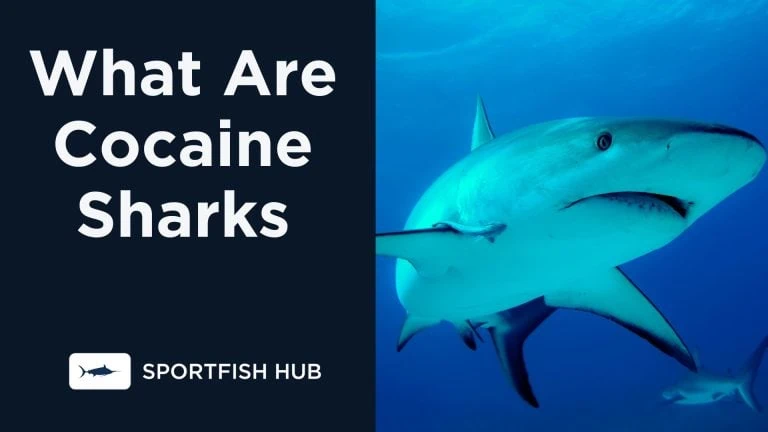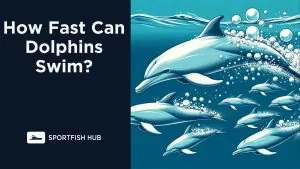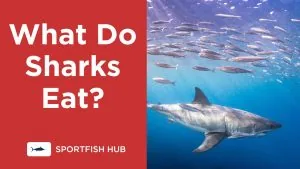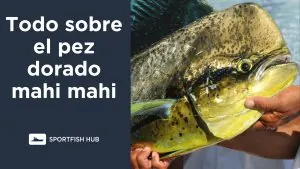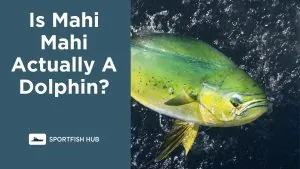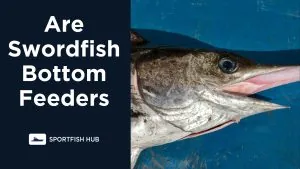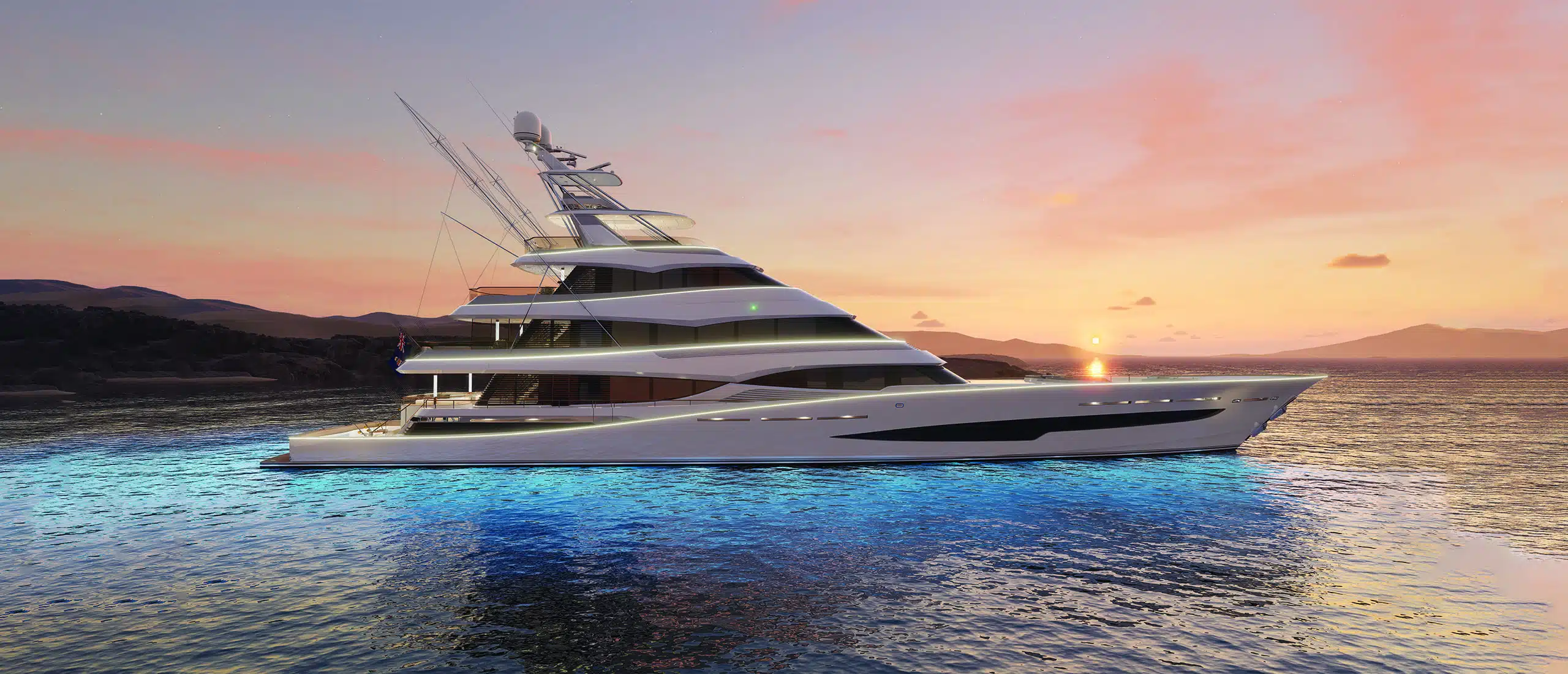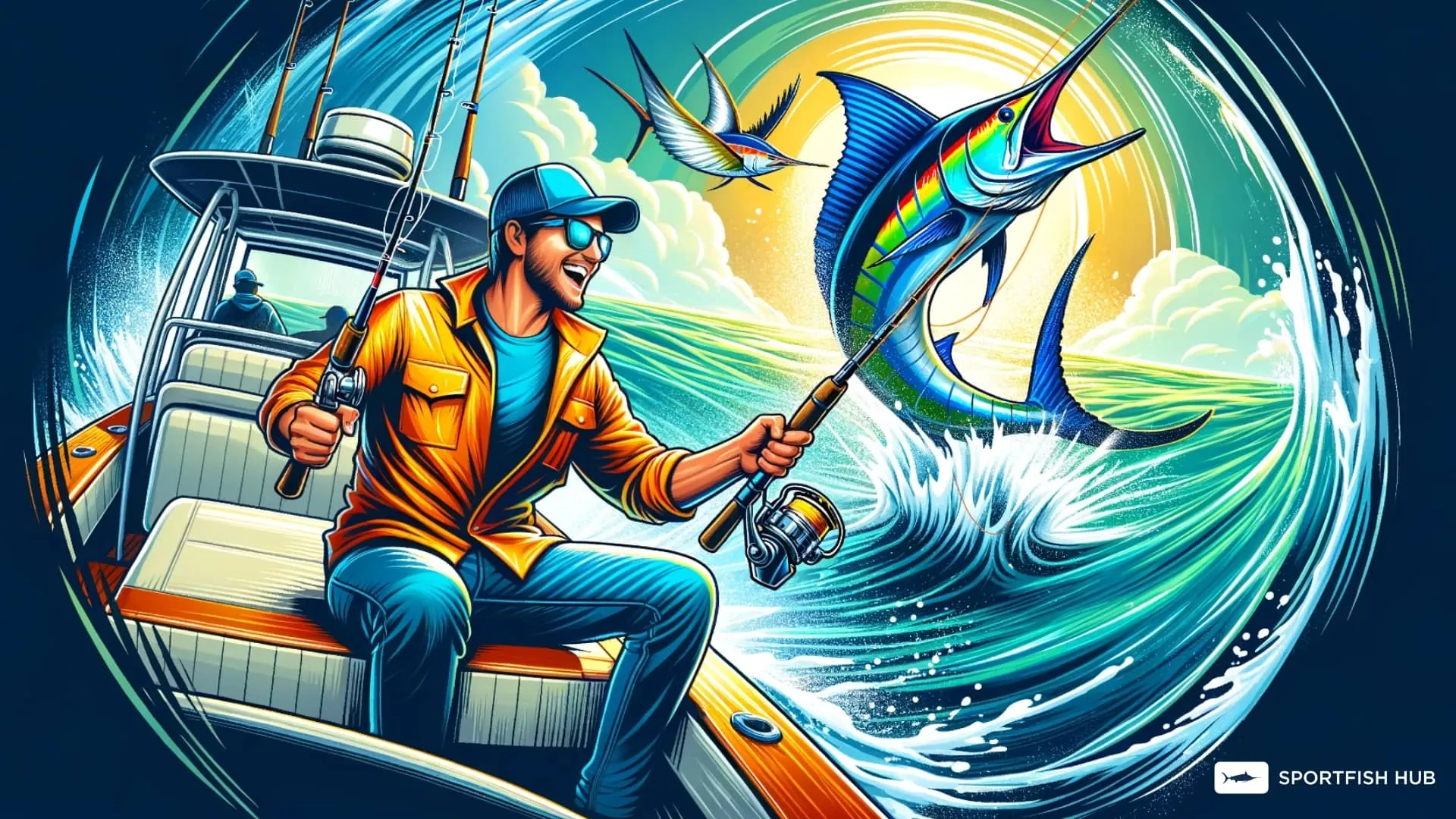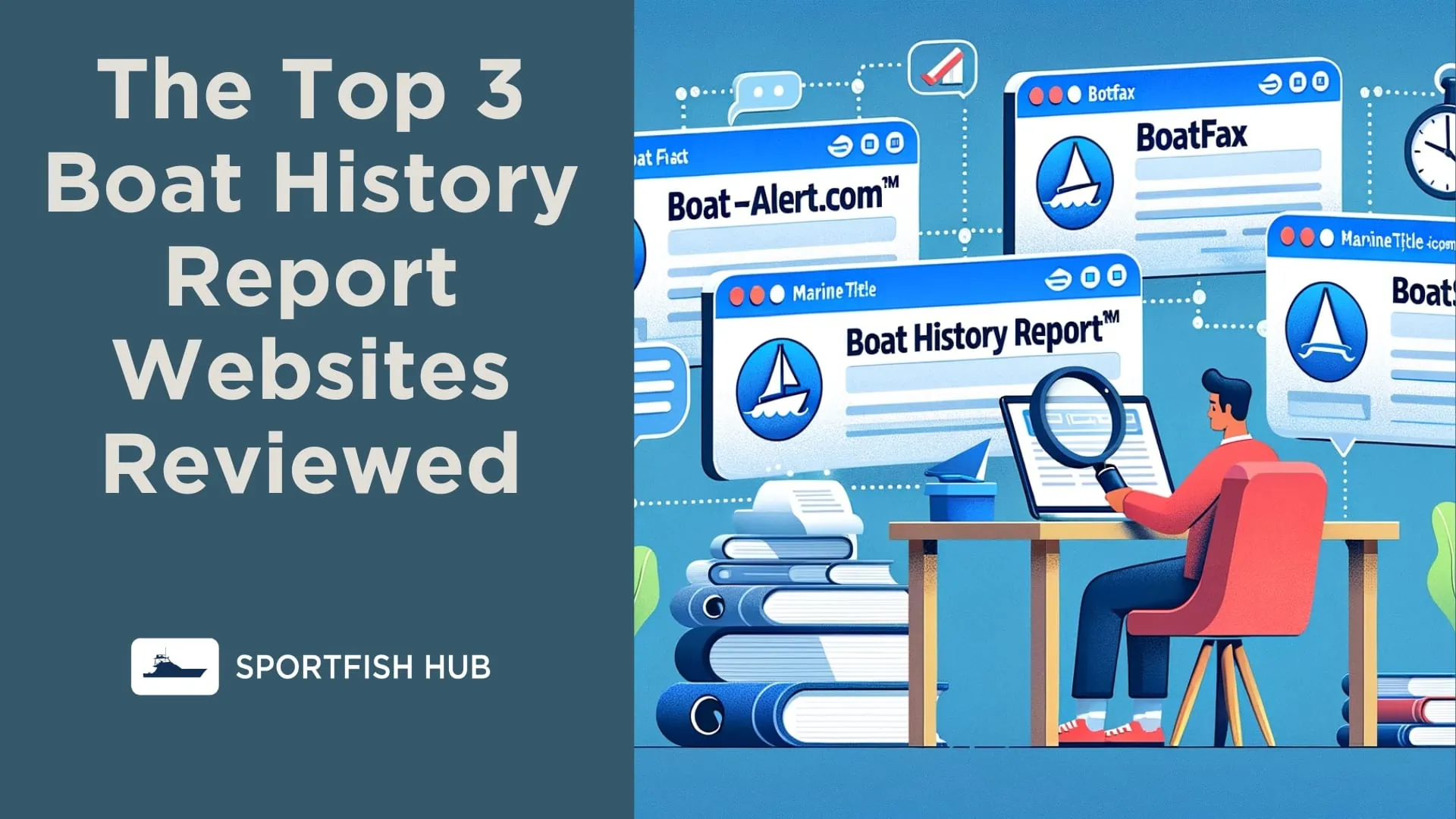In the vast expanse of the world’s oceans, a new phenomenon has emerged that has both scientists and environmentalists concerned.
Dubbed “Cocaine Sharks,” this term refers to sharks that may have ingested bales of cocaine discarded into the ocean by drug smugglers.
This unusual occurrence has been observed off the coast of Florida, where erratic behavior in some sharks has led to the hypothesis that these marine predators might be consuming the discarded narcotics.
The upcoming documentary “Cocaine Sharks,” set to premiere during Shark Week, will focus on this intriguing and potentially alarming phenomenon. But what do we really know about these so-called Cocaine Sharks, and how are scientists studying this unusual behavior?
The Science Behind Cocaine Sharks
Marine biologist Tom Hird and University of Florida environmental scientist Tracy Fanara have been at the forefront of this investigation. They have conducted a series of experiments to understand the potential effects of cocaine on sharks.
Key Experiments:
- Replica Cocaine Bales: Hird and Fanara created packages similar in size and appearance to real cocaine bales. They observed sharks heading straight for these packages and even taking bites from them.
- Fish Powder Test: In another experiment, they used a highly-concentrated ball of fish powder to trigger a massive dopamine response in the sharks, mimicking the effects of cocaine. The sharks exhibited wild behavior in response to the fish powder.
While it is not yet confirmed that sharks are actually consuming cocaine, the experiments conducted by Hird and Fanara have provided some insights into how sharks might react if they ingested the drug. Further research is needed to determine the impacts of cocaine and other drugs on marine life.
How Cocaine Ends Up In The Ocean
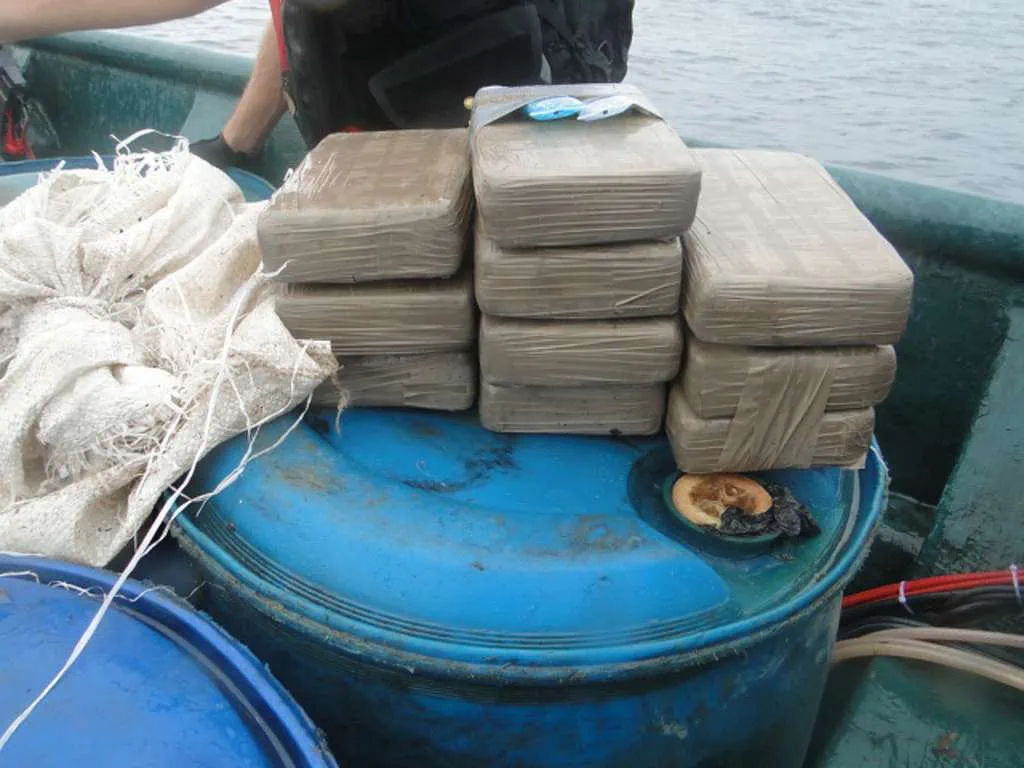
Cocaine can end up in the ocean through various means, including improper disposal, drug trafficking, and pollution. Some of these drugs may be lost or discarded at sea during transportation, contaminating the water. The production process of cocaine also generates large amounts of waste, which can contaminate water sources and eventually reach the ocean.
The Impact of Cocaine on Marine Life and Ecosystems
Once in the ocean, cocaine can have negative effects on marine life and ecosystems. Studies have shown that environmentally realistic concentrations of cocaine in seawater can disturb marine mussels’ neuroendocrine parameters and energy status. Additionally, aquatic pollution from cocaine and other drugs can pose risks to biodiversity, as seen in the effects of cocaine on the ovaries of the European eel (Anguilla anguilla).
The phenomenon of Cocaine Sharks underscores the interconnectedness of human activities and marine ecosystems. As we continue to explore this issue, it is crucial to consider the broader implications of our actions on the health and well-being of our oceans.

